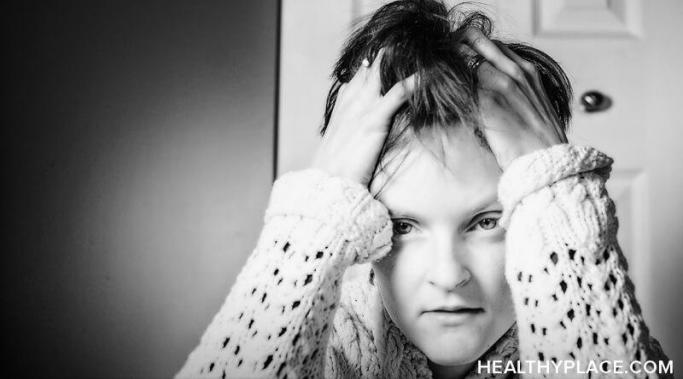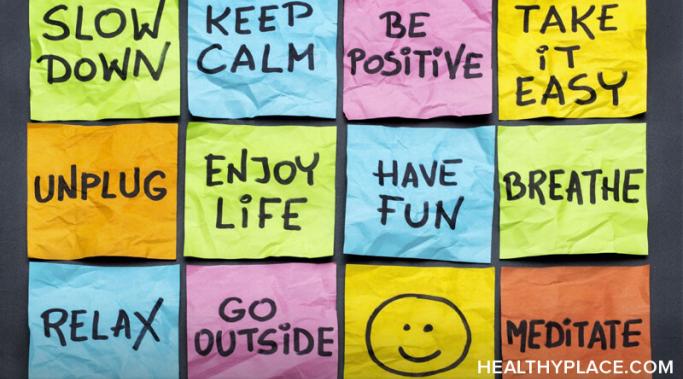People, I feel wrongly, assume that you are either depressed or moody. When I was a teenager, I used to get frequent mood swings. At this age, I would also get episodes of depression. Unfortunately, I was labeled moody, and this was one of the primary reasons I was diagnosed with depression in my twenties. Honestly, I believe this is pretty common: depression and moodiness are considered mutually exclusive. However, according to personal experience, a person can experience both depression and moodiness.
Mental Health Symptoms
It's tricky to determine when to get help for depression. You, like me, might think: "Am I even depressed, or am I just lazy?" or "Why am I making such a big deal out of this?" I tried to convince myself that I didn't need professional help, that I could figure it out on my own. But getting help for depression was one of the bravest and best choices I've ever made.
Boredom and anxiety coincide like clockwork--when you finish that assignment, when your shift ends, or when you turn off the light to go to sleep, your thoughts start to spiral. As soon as you allow your mind to wrap around itself, anxiety sets in.
I know all about perfectionism and procrastination because I am a perfectionist. And I know perfectionism makes it hard to get anything done.
When you first think about it, that concept doesn’t really make sense. As a perfectionist, shouldn’t I be able to get everything done perfectly?
Rather than fueling my desire to accomplish everything, perfectionism discourages me from wanting to finish anything I start out to do. Perfectionism causes procrastination, and that negatively affects my mental health.
There are many borderline personality triggers, but my biggest is canceled plans. With canceled plans comes that common borderline feeling of abandonment all over again (Borderline Personality Disorder Symptoms, Diagnosis). Let's talk about how much consistency, communication and changes in plans can all lead to a borderline personality trigger for me.
Feeling helpless during the worst of my depression made me doubt myself. It seemed like everyone around me was doing just fine on their own and I was constantly asking for help or not following through with things that I needed to do. That’s when I started questioning myself. Am I really depressed or am I just being lazy and trying to get out of something? Am I just afraid to take responsibility? Am I just fooling myself? But did you know that feeling helpless is a depression symptom?
Borderline personality disorder (BPD) and new relationships create a challenge. We all know borderline personalities have an issue with relationships, but is there a way to make it start out more healthy--can we learn to take it slow? Let's look at the importance of taking it slow with BPD and new relationships, and how borderline can make it difficult to not get caught up in the moment.
Being a people pleaser with social anxiety causes problems for me. Social anxiety can pressure us to make other people happy, rather than ourselves. I have spent my life molding myself into a person that I hope other people will like. I adapt my actions, words, and sometimes even beliefs, to make people feel that I’m agreeing with them.
Borderline dissociation is one of the most confusing things to deal with as a person who struggles with borderline personality disorder (BPD). How do we learn how to create a solid reality rather than having to constantly regain what we think is the reality? Is it ever going to get easier? I don't know if I'm confused because I feel nothing from the borderline dissociation or more confused because I can't figure out which reality is better.
It's so hard living with chronic pain--something that people can't see from the outside--and constantly feeling the need to justify how you feel or act towards others. Being someone with both mental and physical health problems have left me on a rollercoaster of never feeling like I'm good enough.









